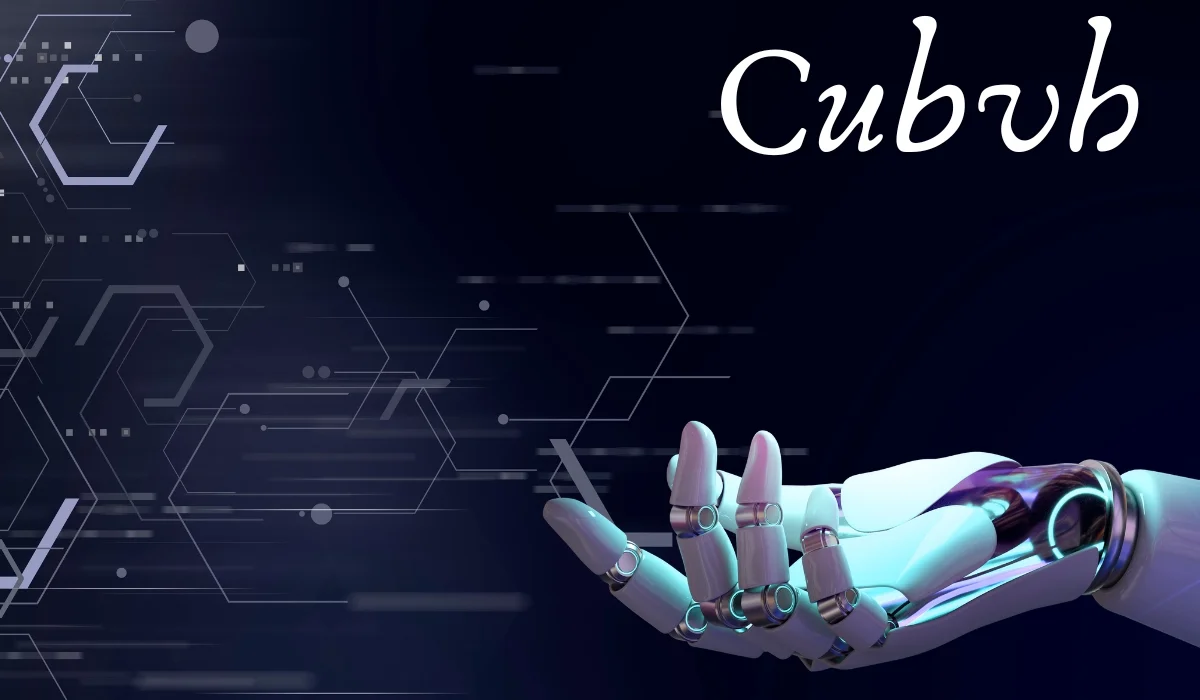Introduction
Welcoming a newbie into any skill-based environment is both an exciting and daunting task. Whether it’s onboarding a new employee, mentoring a young athlete, or guiding a beginner in a hobby, nurturing a newbie is crucial. The term “grinding” often relates to putting in persistent effort to achieve mastery, and it plays a significant role in skill development. Let’s explore how to effectively raise a newbie and grind them to proficiency.
Understanding the Newbie
Identifying a Newbie
A newbie is someone who is new to a particular field or activity. They often possess a strong desire to learn but lack experience. Recognizing their potential and understanding their starting point is the first step in effective mentorship.
Common Challenges Faced by Newbies
Newbies typically face several challenges, such as information overload, lack of confidence, and the struggle to grasp basic concepts. Addressing these challenges with patience and clarity sets the foundation for their growth.
Setting the Right Foundation
Establishing Clear Goals
Setting clear, achievable goals is essential. This not only provides direction but also helps newbies track their progress and stay motivated. Break down larger goals into smaller, manageable tasks.
Creating a Supportive Environment
A supportive environment encourages learning and growth. Provide access to resources, offer constructive feedback, and create a space where newbies feel comfortable asking questions.
Building Basic Skills
Importance of Fundamental Skills
Mastering basic skills is critical for any newbie. These fundamentals act as building blocks for more complex abilities and ensure a solid foundation.
Techniques to Teach Basic Skills
Use a variety of teaching methods such as demonstrations, hands-on practice, and interactive sessions. Encourage repetitive practice to reinforce learning and build muscle memory.
Encouraging a Growth Mindset
Benefits of a Growth Mindset
A growth mindset, the belief that abilities can be developed through dedication and hard work, is vital. It promotes resilience and a love for learning, which are crucial for overcoming obstacles.
Strategies to Foster a Growth Mindset
Encourage positive self-talk, celebrate small victories, and emphasize effort over innate talent. Teach newbies to view challenges as opportunities to grow rather than setbacks.
Developing a Training Plan
Customized Training Plans
Each newbie is unique, and so should be their training plan. Customize the plan based on their strengths, weaknesses, and learning style to maximize effectiveness.
Balancing Theory and Practice
Ensure a balanced approach between theoretical knowledge and practical application. This helps newbies understand concepts deeply and apply them effectively.
Motivation and Engagement
Keeping Newbies Motivated
Motivation can wane over time, especially when facing difficulties. Keep newbies engaged by setting short-term goals, offering rewards, and maintaining a positive, enthusiastic attitude.
Interactive and Fun Learning Methods
Incorporate games, simulations, and real-life scenarios to make learning enjoyable. Interactive methods can significantly enhance engagement and retention.
Monitoring Progress
Setting Milestones
Milestones act as checkpoints that help measure progress. They provide a sense of accomplishment and motivate newbies to keep moving forward.
Regular Feedback and Adjustments
Provide regular, constructive feedback. Be open to adjusting the training plan based on the newbie’s progress and feedback, ensuring continuous improvement.
Advanced Skill Development
Transitioning from Basics to Advanced
Once the basics are mastered, gradually introduce more complex skills. Ensure the newbie is comfortable and confident with the fundamentals before moving on.
Specialized Training Techniques
Use advanced training techniques such as case studies, problem-solving exercises, and simulations to hone skills further. Encourage critical thinking and innovation.
Handling Setbacks
Common Setbacks in Skill Development
Setbacks are a natural part of the learning process. They can include skill plateaus, loss of motivation, or external pressures.
Overcoming Obstacles
Teach resilience by framing setbacks as learning opportunities. Offer support and guidance to navigate through challenges, reinforcing the growth mindset.
Encouraging Independence
Building Self-Reliance
Gradually encourage newbies to take more responsibility for their learning. This builds confidence and prepares them for independent work.
Knowing When to Step Back
It’s essential to strike a balance between support and independence. Know when to step back and allow the newbie to tackle challenges on their own, fostering self-sufficiency.
Team Integration
Importance of Teamwork
Being part of a team enhances learning and provides a support network. It also helps newbies understand the value of collaboration and diverse perspectives.
Techniques for Smooth Integration
Facilitate team-building activities, assign group tasks, and encourage open communication. This helps newbies feel welcomed and part of the team.
Continuous Learning
Emphasizing Lifelong Learning
Promote the idea that learning doesn’t stop after mastering the basics. Encourage newbies to keep exploring and expanding their knowledge.
Resources for Continuous Improvement
Provide access to advanced resources such as books, online courses, and workshops. Encourage participation in industry events and networking opportunities.
Measuring Success
Key Performance Indicators
Use KPIs to measure success objectively. These can include skill proficiency tests, project completion rates, and feedback from peers and mentors.
Celebrating Achievements
Celebrate milestones and achievements to boost morale. Recognition and rewards can be powerful motivators for continuous improvement.
Conclusion
Raising a newbie and grinding them to proficiency is a rewarding journey. By setting the right foundation, encouraging a growth mindset, and providing continuous support, you can help them achieve their full potential. Remember, the goal is to equip them with the skills and confidence to succeed independently.
FAQs
How long does it take to train a newbie? The time required varies depending on the complexity of the skills being learned and the newbie’s dedication. On average, it can take a few months to a year.
What if a newbie isn’t progressing? Reevaluate the training plan and provide additional support. Identify any obstacles and address them with patience and tailored guidance.
How can I keep a newbie motivated? Set short-term goals, celebrate achievements, and make learning interactive and fun. Regular feedback and encouragement are also crucial.
What are the best resources for advanced skills? Books, online courses, workshops, and industry conferences are excellent resources. Encourage newbies to engage in continuous learning through these avenues.
How do I balance support and independence? Gradually reduce direct oversight as the newbie becomes more confident and skilled. Encourage them to solve problems independently while being available for guidance when needed.



